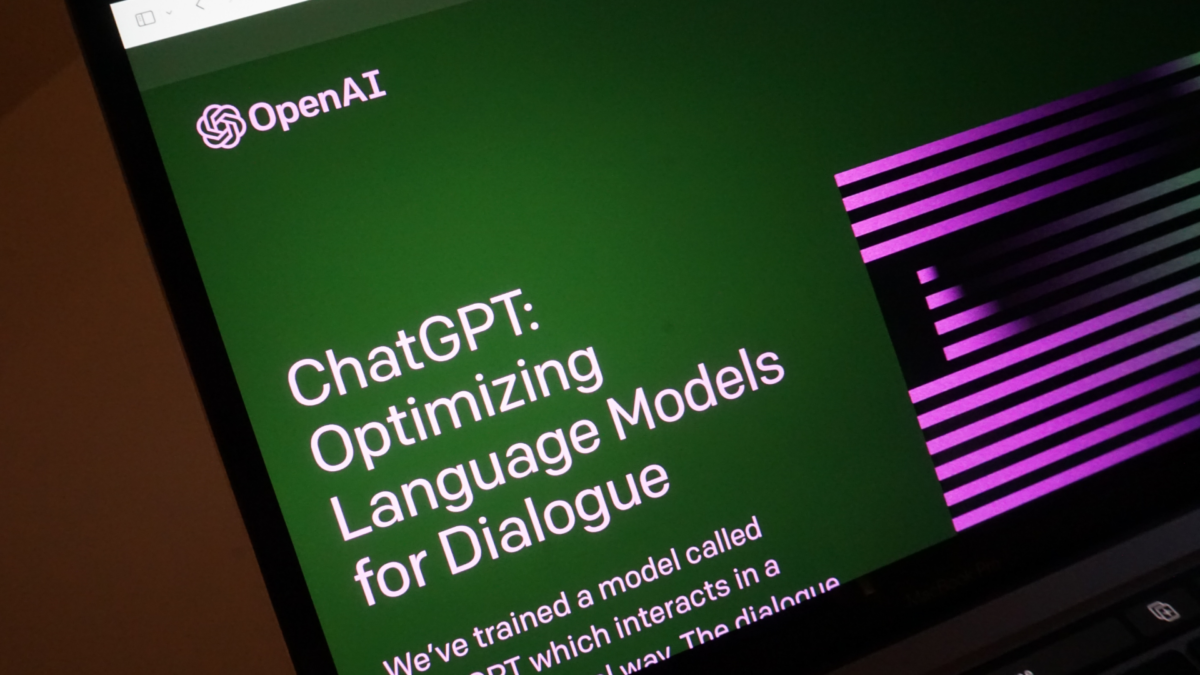Making sense of our connected world
How to identify bias in Natural Language Processing
Why do translation programmes or chatbots often contain discriminatory tendencies towards gender or race? Here is an easy guide to understand how bias natural language processing works.
Ethics of digitalisation: dialogue, participation & visions
What visions do we need to implement so that an ethics-led digitalisation of our society works for everyone? We take stock.
New toolkit collects easy tips for intersectional AI
Intersectional AI (IAI) is the key to greater inclusivity. It draws on practices of marginalised perspectives to fundamentally reshape the development, design and use of AI.
When will the first AI top the New York Times bestseller list?
Language generators based on artificial intelligence are producing increasingly convincing texts. This led us to wonder: Could an AI guest-author an article in Encore? This AI-written text is the result of our experiment.
Myth: AI Models are abstract and do not need personal data
In supervised machine learning, models are based on abstractions from training data. The models themselves, while structurally influenced by the training data, do not contain the data themselves. It therefore…
With Open Mind and Open Source – the democratic potential of public good-oriented AI
Dr. Theresa Züger talks to Patricia Leu from Prototype Fund about the Public Interest AI project and the democratic potential of AI for the common good.
Governing AI: Political players between vision and regulation
Not only tech giants in Silicon Valley influence the development of artificial intelligence (AI): supranational political institutions, states and parties are also active leaders and regulators. They set legal standards, formulate strategies for the future, explore potentials and dangers, promote and sanction or even adopt controversial positions. How do political actors position themselves in the AI debate between economic interest, ethical controversies and the common good? Where do their strategies differ? Is politics here more of a driver or a driven force?
Algorithmic decisions and human rights
Who is responsible if an autonomous vehicle is involved in an accident? What are the consequences of automated profiling of the unemployed? How intelligent is our use of artificial intelligence, and what visions and strategies do we need for the future? Innovations in the field of artificial intelligence are impacting nearly every area of our everyday life. However, algorithmic decision-making leads to complex human rights implications. In this dossier researchers of the Humboldt Institute for Internet and Society and the NoC European Hub discuss the role of law and ethics in the context of algorithmic decision-making.


















